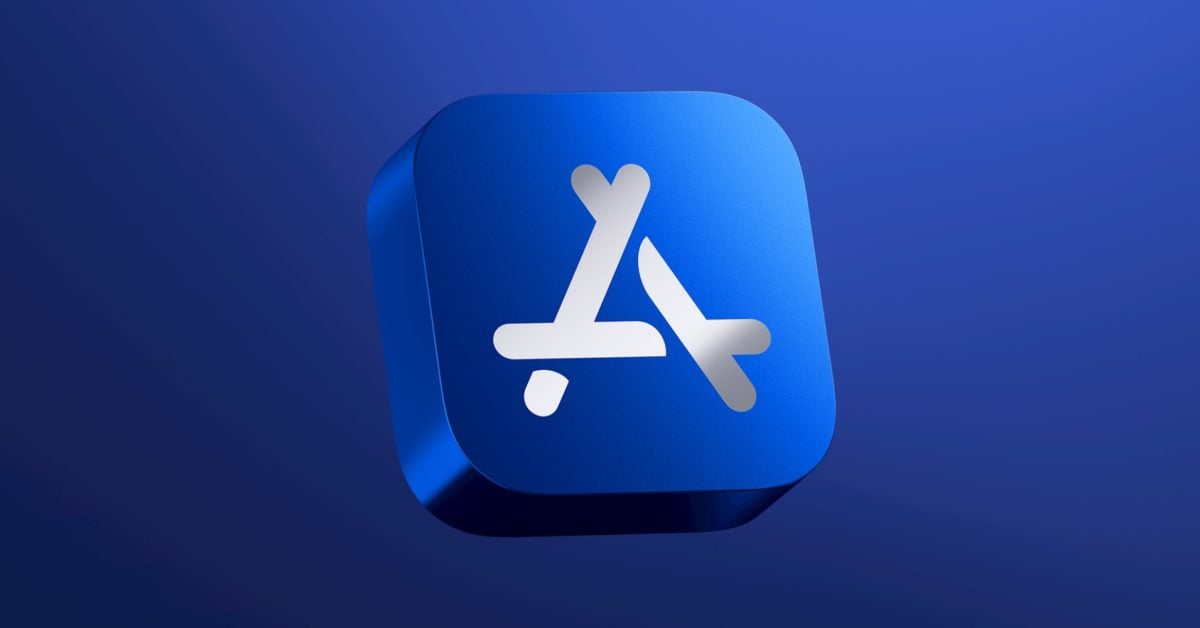- cross-posted to:
- apple_enthusiast@lemmy.world
- cross-posted to:
- apple_enthusiast@lemmy.world
Who would’ve thought? This isn’t going to fly with the EU.
Article 5.3 of the Digital Markets Act (DMA): “The gatekeeper shall not prevent business users from offering the same products or services to end users through third-party online intermediation services or through their own direct online sales channel at prices or conditions that are different from those offered through the online intermediation services of the gatekeeper.”
Friendly reminder that you can sideload apps without jailbreaking or paying for a dev account using TrollStore, which utilises core trust bugs to bypass/spoof some app validation keys, on a iPhone XR or newer on iOS 14.0 up to 16.6.1. (ANY version for iPhone X and older)
Install guide: Trollstore



I don’t know if you really believe what you’re saying, but I’ll continue answering anyways. I worked at Manulife, the largest private insurance company in Canada, and ignoring the fact our security team was mostly focused on pen testing (which as you know, in contrast to audits tells you nothing about whether a system is secure), but the audits were infrequent and limited in scope. Most corporations don’t even do audits (and hire the cheapest engineers to do the job), and as a consumer, there’s no way to easily tell which audits covered the security aspects you care about.
If you want to talk about the security of open source more, besides what is already mentioned above, not only are Google, Canonical and RedHat growing their open source security teams (combined employing close to 1,000 people whose job is to audit and patch popular open source apps), but also open source projects can likewise pay for audits themselves (See Mullvad or Monero as examples).
I will concede that it is possible for proprietary software to be secure. But in practice, it’s simply not, and too hard to tell. It’s certainly not secure when compared to similar open source offerings.